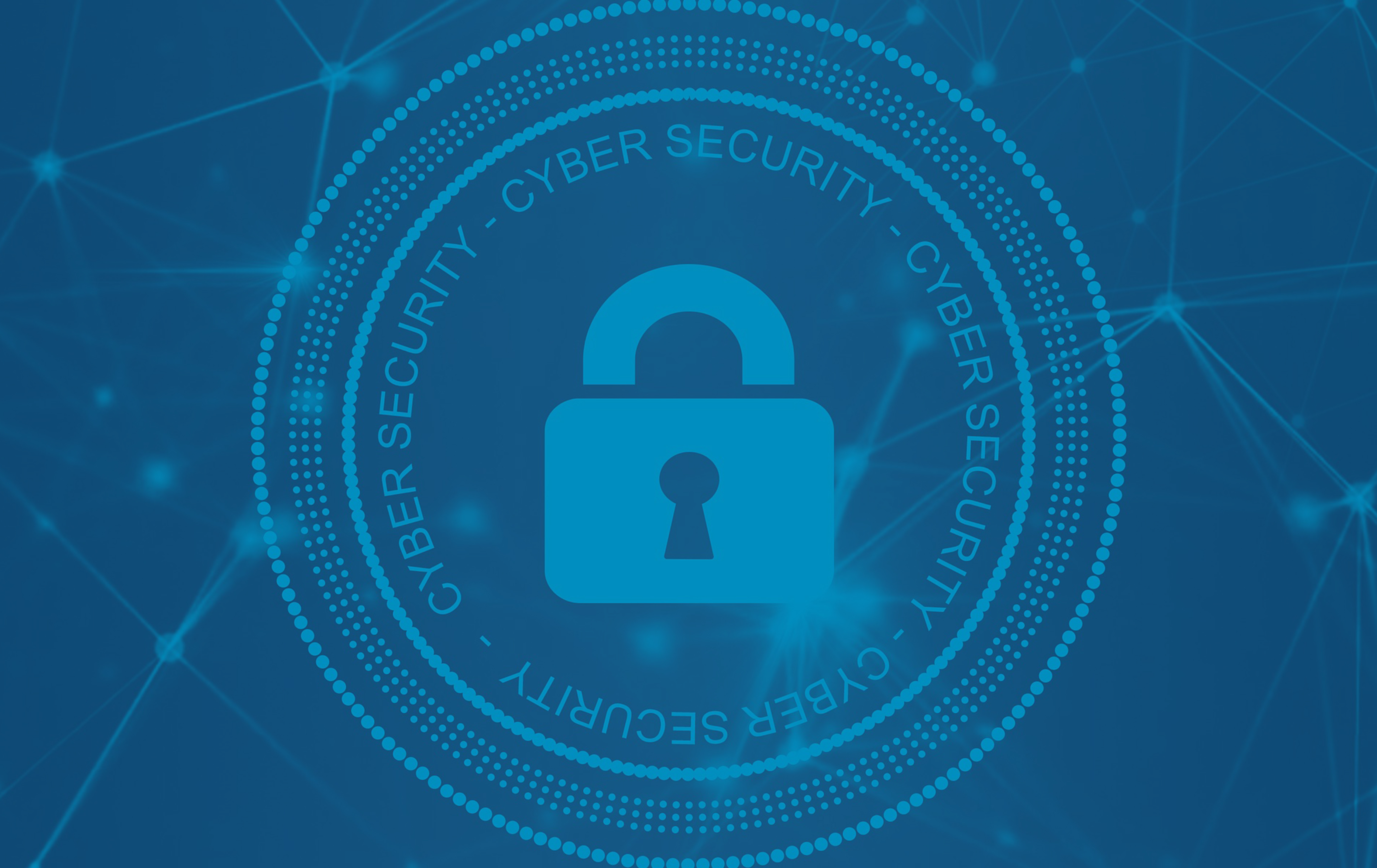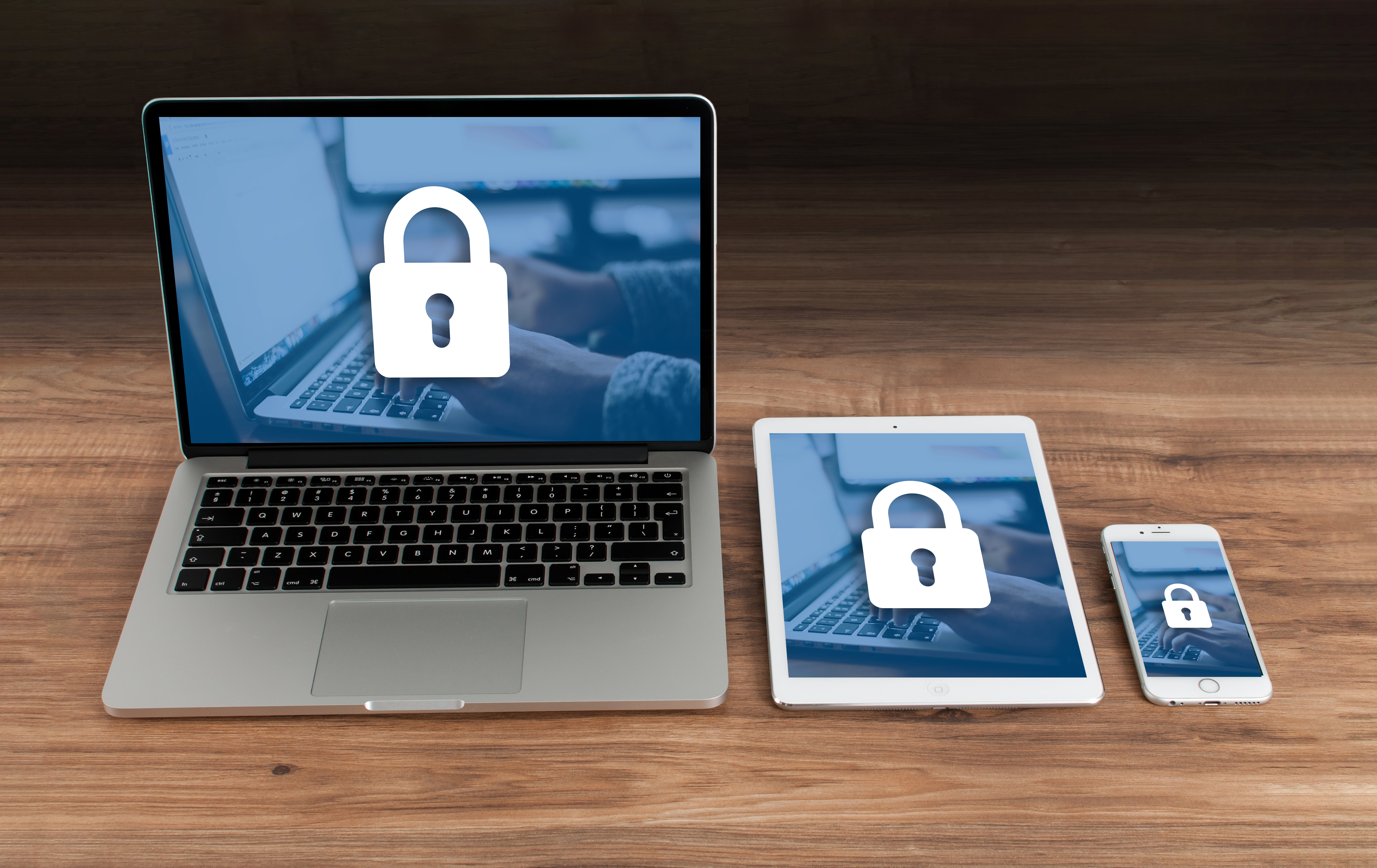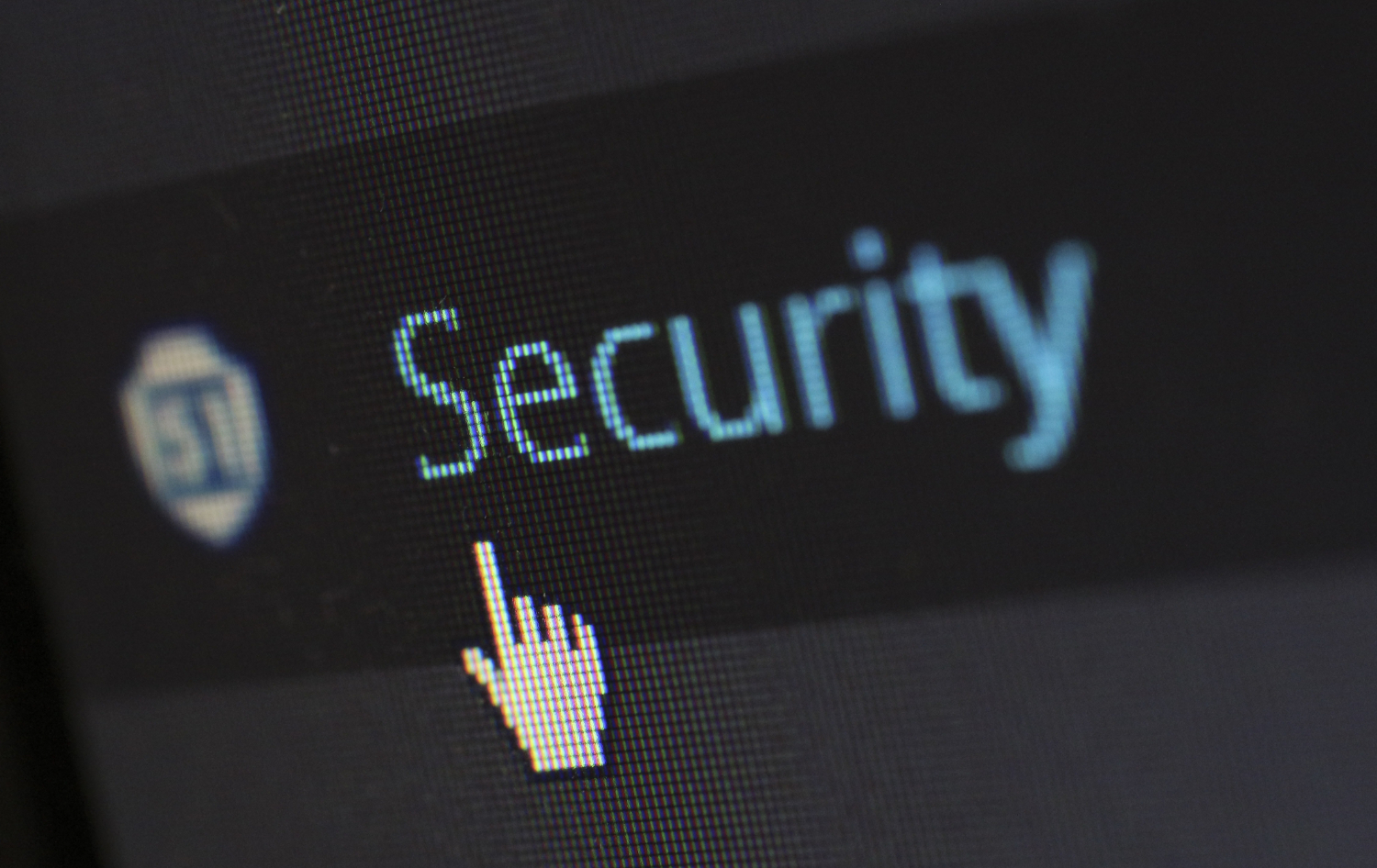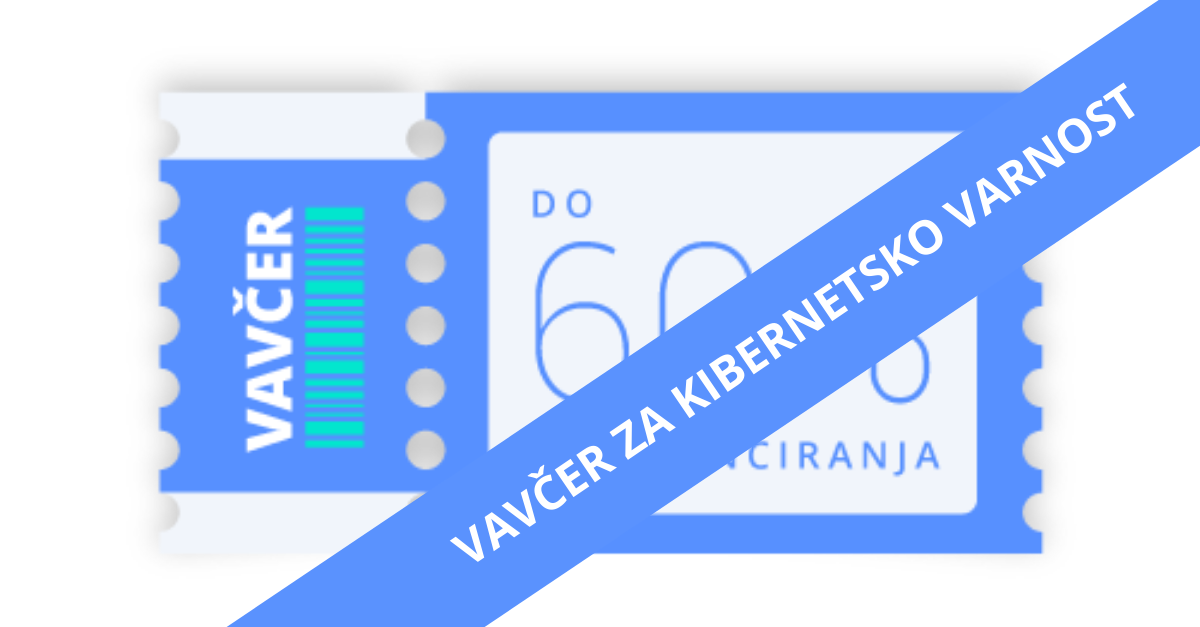There are a number of different opinions as to what cybersecurity is. It could be viewed, for example, from the perspective of a company’s IT department or management.
For the IT department, it’s important that the systems in their care run smoothly, that all users are safe and all devices are protected, that there are procedures in place to back up (and recover) data, and so on.
For the management, it’s important that the company’s vital data are safe, that they are always available to the employees who have appropriate access rights, that they don’t leak out of the company and that cybersecurity is at a level that allows the company to operate smoothly.
Moreover, if a security issue or incident does occur, safeguards must be in place to enable a rapid, and possibly automated, response and resolution.


The building blocks of cybersecurity
The information and cybersecurity needs of companies certainly vary considerably depending on the nature of their work and the industry in which they operate. Roughly speaking, however, we can determine the following basic building blocks of security:
- Security of devices (computers, servers, mobile devices, IoT devices, sensors, etc.),
- User identity security,
- Network security,
- Application security,
- Information and data security,
- Provision of fast responses and recovery after security events (incidents).
At VitalIT, we believe that cybersecurity cannot be an off-the-shelf product that is simply bought, installed and configured to solve all the cybersecurity problems a specific company faces. In fact, the opposite is true. Comprehensive IT security in any company means more work for the company, more awareness of potential risks, and more active participation of employees.
The weakest link in IT security
Cybersecurity is a process, a series of actions and tasks, the aim of which is to continuously strive towards the most cybersecure enterprise possible. System users play the biggest role in this process, because they are always the weakest link in any IT security system.
Businesses must therefore be aware that it is not enough to install state-of-the-art security solutions such as next-gen firewalls or EDR (endpoint detection and response) systems.
Users also need to be actively educated so that they are aware of the latest cybersecurity best practices and can identify, for example, phishing attempts on their login details, and so on.

How can we help?
Effective implementation of modern cybersecurity systems requires a specific set of knowledge and skills, which our experts at VitalIT have.
To put it simply, our experts need to be able to think like a typical hacker, to be familiar with virtually all the tools and technologies that such criminals are also familiar with, to be able to solve the most complex problems, and to have a highly developed moral sense and know where the boundaries of what is legal and what is not lie.
DIH Slovenia vouchers – up to 60% co-financing
As we are listed in the Digital Innovation Hub (DIH) Slovenia’s Catalogue of Experts, you can obtain a Voucher for Cybersecurity provided by the Slovene Enterprise Fund.
A Voucher for Cybersecurity can be used for two types of services:
- System security check (co-financing for a maximum of 60% of the cost, or to a maximum of 5,000 EUR),
- Penetration test (up to 60% co-financing, or to a maximum of 10,000 EUR).
We know the procedure to follow to get a voucher, so you can count on us to help you every step of the way.
The process of obtaining a voucher thus starts with contacting us as soon as possible. So don’t hesitate to fill in the application form, write to us or call us!

